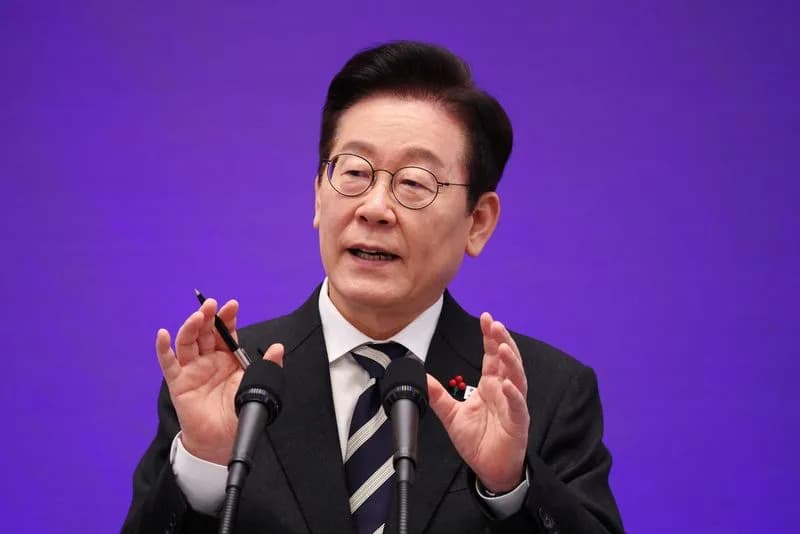Japanese Prime Minister Sanae Takaichi told lawmakers she sleeps just two to four hours a night, comments that have reignited debate over Japan’s culture of long working hours. The revelation followed a 3 a.m. staff meeting and comes as her government considers discussions on raising overtime limits to boost growth. Takaichi says any changes would protect workers’ health while helping people balance caregiving, work and leisure.
Japan’s Prime Minister Says She Sleeps Just 2–4 Hours a Night, Sparking Overwork Debate

Japan’s PM Says She Sleeps Just 2–4 Hours a Night
Japanese Prime Minister Sanae Takaichi told a legislative committee on Thursday that she sleeps only two to four hours a night — a revelation that has intensified criticism that her leadership style and policies may encourage overwork.
The comment followed reports that Takaichi called a 3 a.m. staff meeting in her office to prepare for a parliamentary session, a timing that drew public scrutiny and headlines.
“I sleep about two hours now, four hours at the longest. I feel it’s bad for my skin,” she told lawmakers during questioning about efforts to reduce Japan’s long working hours.
Japan has long struggled with work-life balance and the social problem of excessive work stress. The country even has a term, "karoshi", used for deaths attributed to overwork.
Takaichi was pressed to clarify government discussions about possibly raising the upper limit on overtime as a measure to spur economic growth. She defended those talks, saying workers and employers have different needs and noting that some people take multiple jobs to make ends meet.
“Any change would include measures to protect workers’ health,” she said, adding that policymakers should aim to create conditions where people can balance childcare and caregiving responsibilities while having time for work, leisure and rest.
Takaichi became prime minister last month, the first woman to hold the office in Japan. After winning leadership of the ruling Liberal Democratic Party she said she would "discard the term 'work-life balance' for myself. I will work, work, work, work, and work," and has since maintained a demanding schedule, attending regional meetings and holding bilateral talks with world leaders.
Her sleep habits and comments have generated a debate in Japan about political leadership, workplace culture and how best to protect worker health while pursuing economic goals.
Reporting by hih/pbt — translated and edited for clarity.
Help us improve.


































